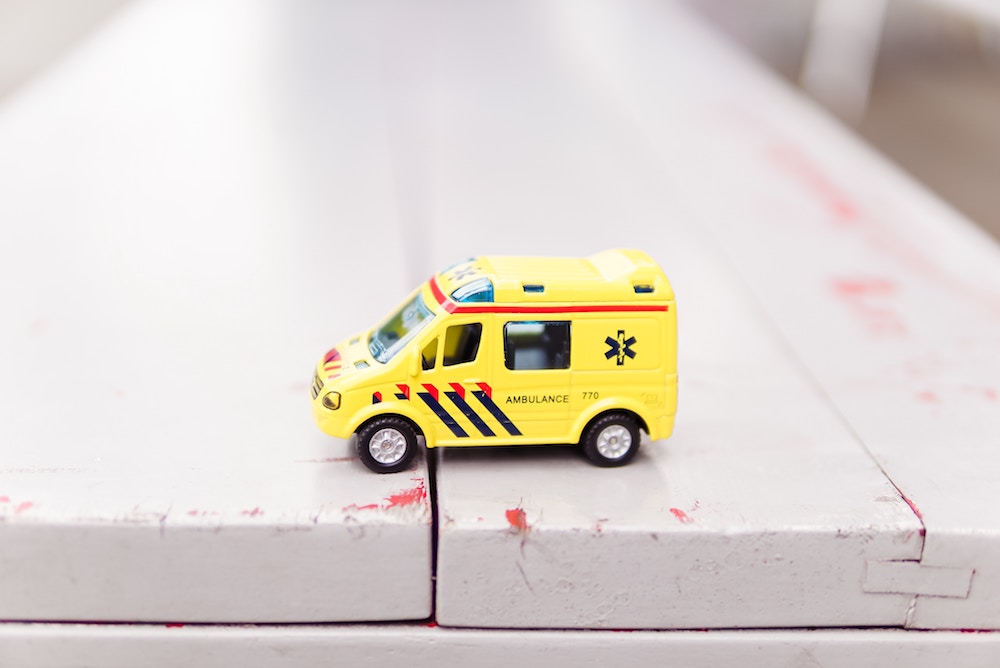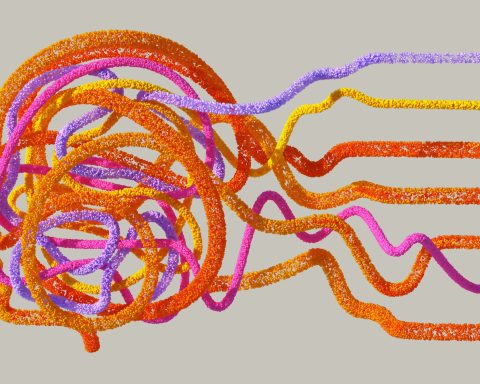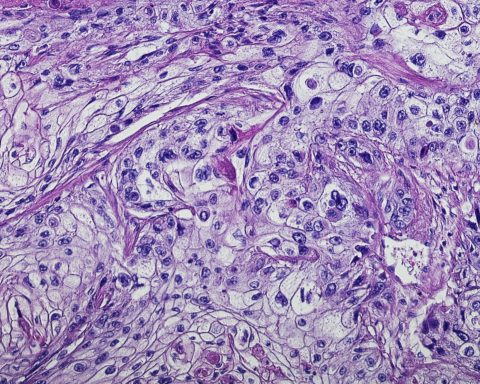Kamal R. Mahtani, Georgette Eaton, Matthew Catterall and Alice Ridley highlight the potential roles for paramedics in general practice.
The NHS enters its 70th year with the general practice workforce in crisis. The promise of 5000 more GPs is a distant pipedream and as clinical demand increases, the number of full-time equivalent GPs continues to fall. New strategies are desperately needed to tackle these problems. The NHS England GP Forward View advocates investing and developing new models of care. This includes expansion of a multidisciplinary and more integrated primary care team. These recommendations reflect the findings of the Primary Care Workforce Commission, who highlighted potential roles for paramedics, clinical pharmacists, and physician associates, all substituting into current GP care pathways.
The generalist skill mix of the modern day paramedic graduate creates possibilities for them to work in a range of domains.
Paramedics already have a track record in providing flexible and innovative ways of delivering extended clinical care. This is partly because of the expectation that a UK paramedic can give generalist care as an autonomous allied healthcare professional. The College of Paramedics, which acts as the professional body, defines the expected competencies from a paramedic graduate as “an autonomous practitioner who has the knowledge, skills and clinical expertise to assess, treat, diagnose, supply and administer medicines, manage, discharge and refer patients in a range of urgent, emergency, critical or out of hospital settings”. Although some graduates go on to develop further skills, taking on Specialist, Advanced, and Consultant Paramedic roles, the generalist skill mix of the modern day paramedic graduate creates possibilities for them to work in a range of domains.
So what might general practice expect? Early review pointed to deployment of paramedics into roles that included centralised telephone triage, on-scene acute care delivery, and intermediate community care support schemes. However, there is now growing recognition that the generalist skills of the paramedic could be deployed into more widespread in-hours general practices. This may include running clinics, triaging and managing minor illnesses, and providing continuity for patients with complex health needs. Further roles may include assessment and management of requests for same-day urgent home visits, as well as regular visits to homebound patients with long-term conditions.
Specialist paramedics provided home visit support and dispensed some acute medications to community-based patients.
Such innovation requires careful evaluation. The NHS England GP Access Fund (formerly the Prime Minister’s Challenge Fund) served as a platform to test, and to some degree, evaluate how paramedics can be deployed in primary care. The first evaluation report highlighted at least four sites, among the 20 awarded funding, which piloted a range of models in primary care, working with the ambulance service and paramedics. On the South Kent Coast, specialist paramedics provided home visit support and dispensed some acute medications to community-based patients. The service reportedly saved 720 GP appointments, although details are limited. In Workington, Specialist Paramedics were deployed into A&E departments to determine whether patients could have been more appropriately treated in a Primary Care Centre.
The NHS GP Forward View and the Primary Care Workforce Commision have both recommended an increase in the number of GPs as well as the development of a multidisciplinary primary workforce. Although advocated, broader deployment of paramedics in general practices still requires careful evaluation of clinical outcomes, value, and satisfaction. Consideration should also be given to the growth of paramedics’ roles in this setting and their potential impact on ambulance services. Nevertheless, although absolute numbers remain small, between September 2016 and March 2017 the number of paramedics working in general practice has grown, increasing from 75 to 150. The NHS has also had a positive public response to proposals to introduce independent prescribing by paramedics. This may facilitate more clinical roles in general practice, a setting that is desperate for extra capacity, and integrated multidisciplinary teams of the future.
—–
Kamal R Mahtani is a GP and Deputy Director of the Centre for Evidence Based Medicine, Nuffield Department of Primary Care Health Sciences, University of Oxford.
You can follow him on Twitter @krmahtani
Georgette Eaton is a Senior Lecturer in Paramedic Science, Department of Psychology, Health and Professional Development, Faculty of Health and Life Science Oxford Brookes University.
You can follow her on Twitter @georgette_eaton
Matthew Catterall is a Principal Lecturer & Programme Lead (Paramedic Practice), Department of Psychology, Health and Professional Development, Faculty of Health and Life Science Oxford Brookes University. You can follow him on Twitter @matt_catterall
Alice Ridley is a Specialist Paramedic in a Buckinghamshire NHS general practice
A longer version of this article can be found here.
Disclaimer: The views expressed in this commentary represent the views of the authors and not necessarily those of the host institutions, the NHS, the NIHR, or the Department of Health.
Acknowledgements: Jeffrey Aronson for helpful discussions.
Competing interests: AR is a paramedic working in an NHS general practice.
Featured photo: Zhen Hu






